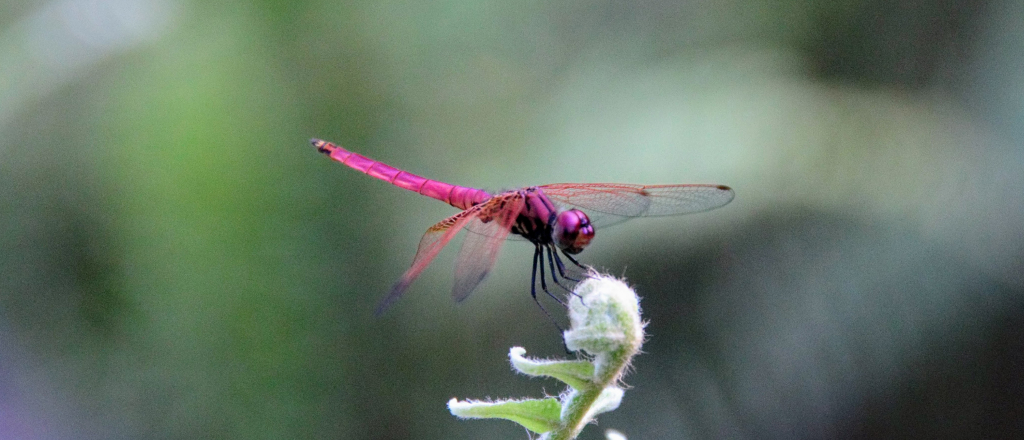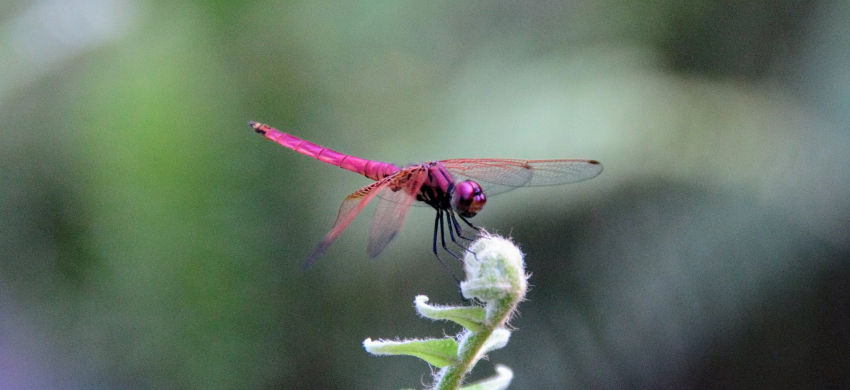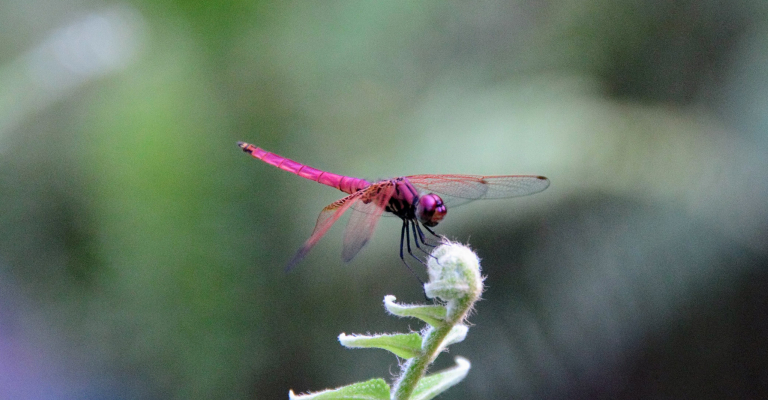This page contains a catalogue of the courses that have been offered under the Life Sciences major/minor in recent years. It also provides a short description of the core courses that all Life Sciences majors are required to take as part of their degree requirements.
Science of Life: Introduction to Biology
This course introduces the fundamentals necessary to develop an understanding of a broad range of topics that encompass the life sciences in the 21st century. It also introduces the manner in which life scientists frame questions, design experiments, and communicate their findings. Specific topics include molecular and cellular biology, genetics, evolutionary biology, and the application of statistical and quantitative analysis to study biological questions.
Biology Laboratory
This course introduces students to the basic lab techniques used in life science research. Students will pursue a semester-long project examining how genetic and molecular changes affect interactions between proteins. This course will recreate a research laboratory setting introducing standard molecular techniques, and prepare students for independent work in research laboratories.
Field Research
This course enables students to develop and perform field-based research in biology. Students will develop original research ideas and be introduced to field research approaches – methods and techniques, sampling design, data analysis and interpretation – which they will then pursue for the rest of the semester. The group-based research projects will culminate in research reports modelled on scientific publications.
Research Seminar
This course (a requirement for Life Science majors) is meant to prepare students for their capstone projects, in some cases quite specifically through targeted readings and group presentations of relevant scientific literature, but more generally through practise in close and critical assessment of scientific papers, the generation of new research ideas based on those papers, and the honing of presentation skills.
Genetics – Breadth 1
This course illustrates basic principles of genetics using examples from prokaryote and eukaryote organisms. It emphasises classical genetic techniques and how genetics is used to gain understanding of whole organisms. The gene, its context, and the genome are the primary concepts covered. The focus will be on Drosophila developmental genetics, yeast cell biology, and human disease.
Ecology and Ecosystems – Breadth 2
This course asks how life-history strategies, environmental conditions, and local biotic interactions (e.g., competition, trophic interactions) shape the structure and dynamics of natural communities (e.g., functional composition, diversity, productivity, stability, and food webs). It also explores how natural communities form metacommunities over larger spatial scales and across ecosystems boundaries. Students draw on selected case studies to examine (1) links between biodiversity and ecosystem productivity, stability, and resilience; and (2) management options for biodiversity and ecosystem services in human-dominated landscapes.
Statistics for Life Sciences – Breadth 3
This course provides students with a conceptual and practical understanding of the application of statistical methods to life sciences. The topics covered include probability, common probability distributions used in modelling biological data, experimental design, linear models, and hypothesis testing. This course will involve programming in R and the analysis of data.
| COURSE CODE | COURSE TITLE | CROSS-LISTED MAJOR |
|---|---|---|
| YSC1208 | Dogs as Model Organisms | |
| YSC1215 | Genetic Engineering for All: An iGEM team for Yale-NUS? | |
| YSC2202 | Biology Laboratory | |
| YSC2216 | Evolutionary Biology | |
| YSC2231 | Foundations of Neuroscience | Psychology |
| YSC2233 | Genetics | |
| YSC2234 | Human Biology | |
| YSC2235 | Field Research | Environmental Studies |
| YSC2236 | Microbiomes | Enironmental Studies |
| YSC2240 | Research Tutorial in Animal Behaviour | Psychology |
| YSC2241 | Plant Biology | |
| YSC2247 | Ecology and Ecosystems | Environmental Studies |
| YSC2250 | Urban Wildlife Studies | |
| YSC2255 | Statistics for Life Sciences | |
| YSC2256 | Science of Life: Introduction to Biology | |
| YSC3214 | Biochemistry | Physical Sciences |
| YSC3215 | Research Seminar | |
| YSC3233 | Cell Biology | |
| YSC3234 | Principles of Biophysics | Physical Sciences |
| YSC3235 | Animal Behaviour | Psychology |
| YSC3238 | Developmental Biology | |
| YSC3241 | Computational and Systems Biology | |
| YSC3247 | The Genomics of Human History | Historical Immersion |
| YSC3250 | Immunology | |
| YSC3251 | Conservation Ecology | Environmental Studies |
| YSC3253 | Coral Reef Ecology and Environmental Change | Environmental Studies |
| YSC3255 | The Biology of Ageing | |
| YSC3257 | Molecular Biology | |
| YSC4102 | Life Sciences Capstone Project | |
| YSC4211 | Adv Topics Molecular, Cellular & Developmental Biology | |
| YSC4211A | Adv Topics Molecular, Cell Bio: Heredity & Epigenetics | |
| YSC4211B | Adv Topics Molecular, Cell & Developmental Bio: Stem Cells | |
| YSC4211C | Adv Topics: Computational Biology | |
| YSC4226 | Advanced Methods in Cell Biology | |
| YSC4299 | Molecular Neuroscience – Genes, Brains, and Behaviour |




